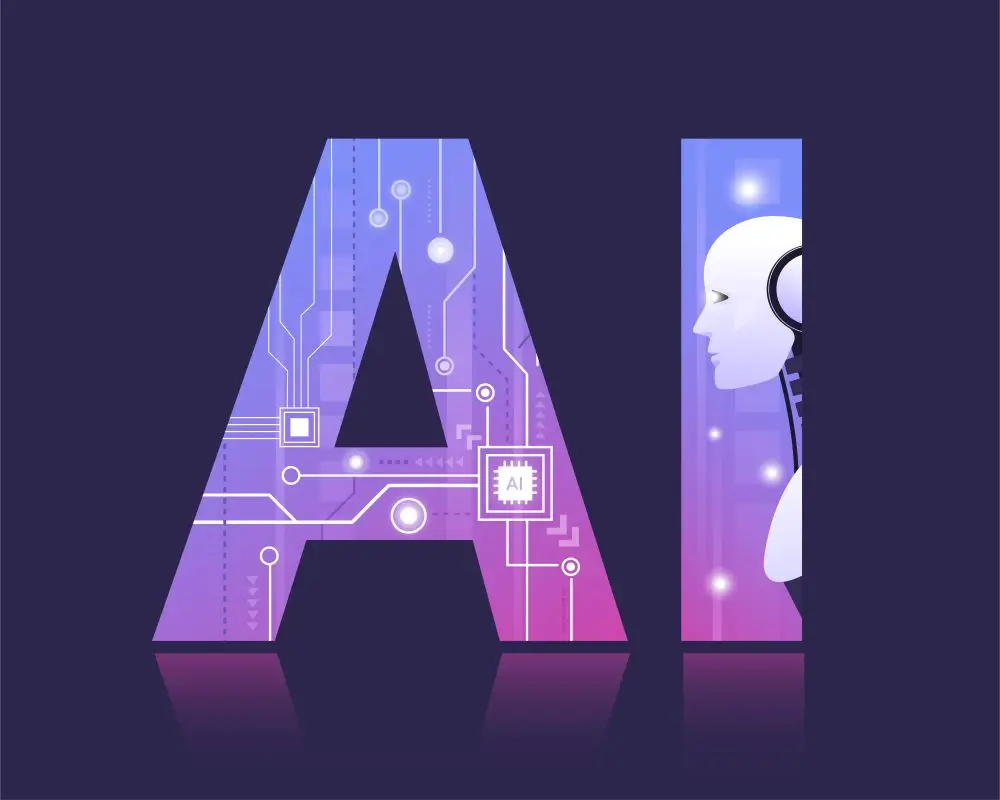
Artificial intelligence (AI) has increasingly become a part of the German economy in recent months. According to a survey by the digital association Bitkom released on Monday, around one in three companies in Germany now uses AI. This marks nearly double the share compared to a year ago. AI is being applied primarily in customer contact, as well as in marketing and communications. With a significant gap, it is also used in research and development, production processes, controlling, and accounting.
In the Bitkom survey, 36 percent of companies stated that they were already using AI. Nearly half (47 percent) said they were planning or discussing its implementation. Only 17 percent indicated that AI was not an issue for them.
“The companies have not only recognized the possibilities of AI, they are using AI and investing. That is good news for the competitiveness and future viability of the German economy,” said Bitkom President Ralf Wintergerst. According to the survey, eight out of ten companies believe that AI is the most important technology of the future.
However, only twelve percent of companies currently using AI have integrated it into their own products and services. “Many companies are still using AI selectively. With the first experiences and the know-how that is being developed in the companies, additional fields of application can be opened up,” Wintergerst explained. “Only then can the full potential of AI be exploited.”
The greatest obstacles to AI adoption, according to Bitkom, are legal uncertainties and regulatory hurdles, a lack of technical expertise, and insufficient staffing. Nearly half of the companies cited high data protection requirements, almost 40 percent expressed concern that data could fall into the wrong hands, 38 percent pointed to the lack of transparency in results, and 36 percent mentioned poor quality of results.
The impact of AI on the labor market remains difficult to assess, Bitkom stated. Two-thirds of companies expect AI will have no effect on the number of employees. One-fifth believe that employment will decrease as a result of AI.
Almost one-third of companies, however, believe AI will help alleviate Germany’s shortage of skilled workers. “AI will change job profiles, some will even disappear. But in their place, new professions will emerge,” said Wintergerst. For the German labor market, he added, AI represents “a great opportunity.” In the future, there will be more work than people to do it, making digitalization and new technologies essential for companies to remain competitive and for administrations to remain effective.
Bitkom surveyed 604 companies in Germany with at least 20 employees. The association stated that the results are representative.